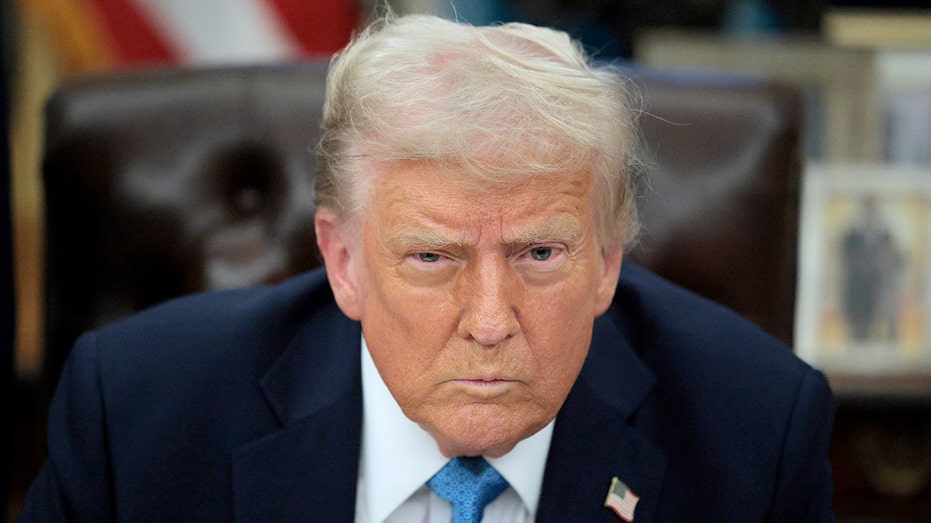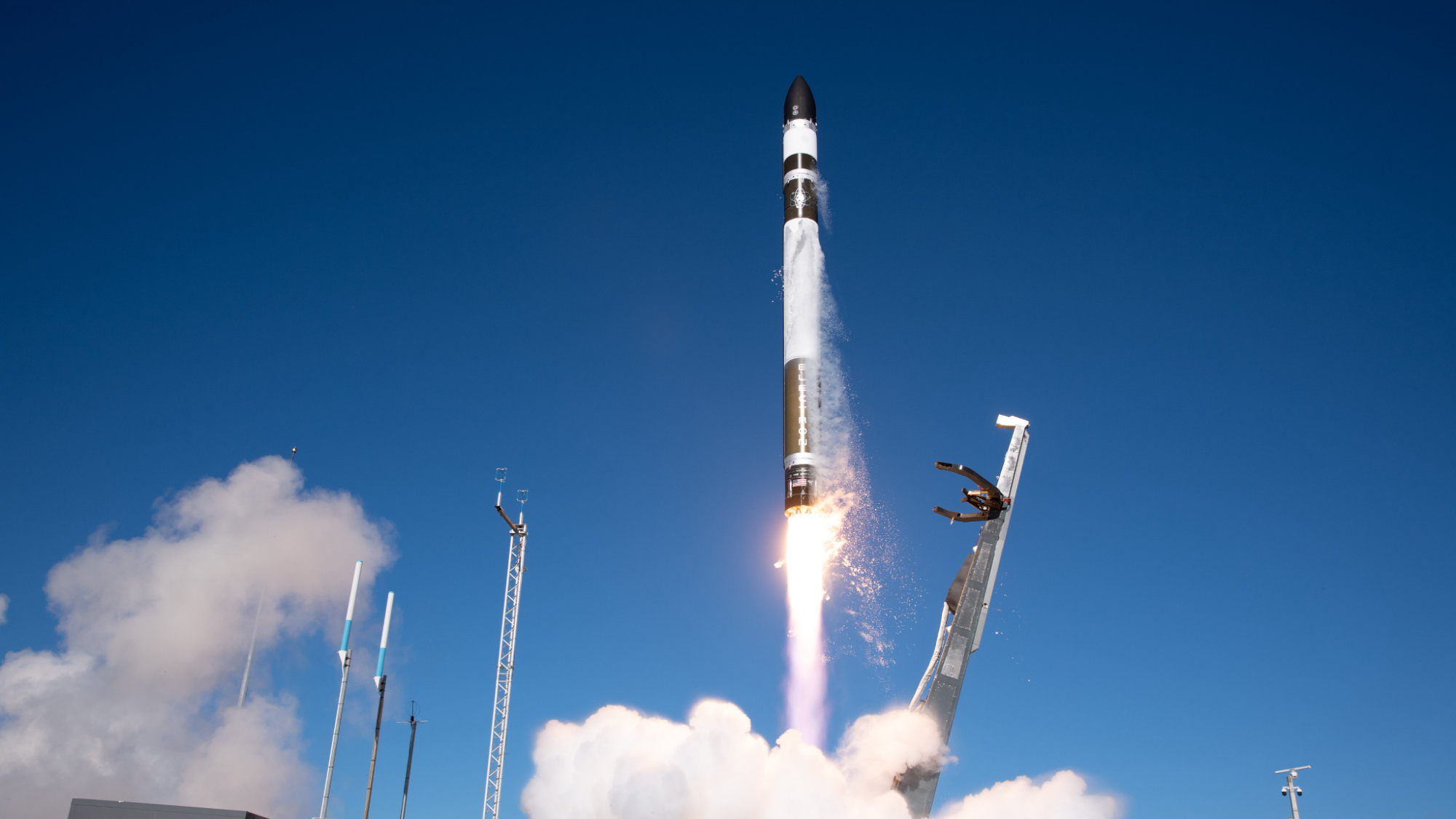A bold, bipartisan strategy to secure Greenland’s future
The real question isn’t whether the U.S. should engage, but how — and whether we act before Beijing or Moscow fill the void.

When President Trump again proposed buying Greenland, the world laughed. But beneath the headlines was a spot-on strategic instinct. Greenland is a rapidly rising geopolitical heavyweight the U.S. cannot afford to ignore.
As Russia expands its Arctic military footprint and China pours billions into securing long-term access to the Arctic region, Greenland is steadily moving toward independence. The real question isn’t whether the U.S. should engage, but how — and whether we will act before Beijing or Moscow fills the void.
To secure U.S. leadership in the Arctic, Congress must move beyond symbolic gestures and adopt a bold, bipartisan strategy that deepens U.S.-Greenland ties, strengthens Arctic security, and lays the groundwork for Greenland’s eventual NATO membership.
Russia and China aren’t waiting around in the Arctic, and neither should the U.S. Moscow is ramping up its military presence with new bases, nuclear-capable missiles and its most capable naval fleet. At the same time, Beijing is building more nuclear-powered icebreakers, pouring billions into dual-use Arctic research and infrastructure and sailing its Navy further north.
Right in the middle of it all is Greenland — a resource-rich island with enormous strategic value to the U.S. and NATO.
To bolster defense, lawmakers should direct the Department of Defense to assess the feasibility of forward-basing elements of a U.S. Arctic Fleet in Greenland, incorporating this review into the 2026 National Defense Authorization Act. Washington should also work with Copenhagen and Nuuk to invest in joint military infrastructure, including port expansions and improved airstrips, to support NATO operations in the High North.
To improve intelligence-sharing, Congress should fund the establishment of a NATO Arctic Intelligence Fusion Center in Nuuk, modeled after similar initiatives in Eastern Europe. This would provide real-time surveillance of Russian and Chinese activity, giving the U.S. and its allies better situational awareness in an increasingly navigable and contested Arctic region.
Meanwhile, Greenland’s independence efforts will require a roadmap for transitioning from Danish military protection to self-defense. Congress should direct the Defense Department to develop a plan that helps Greenland build its own defense capabilities — ensuring it can secure its borders and contribute to regional stability.
Greenland isn’t just an Arctic stronghold — it’s sitting on a goldmine of rare earth elements, crucial for U.S. defense systems, semiconductors, and renewable energy technology. With China controlling more than 70 percent of global rare earth production, the U.S. needs an alternative supply chain before it’s too late.
Congress should introduce the U.S.-Greenland Rare Earth Security Act, which would offer tax incentives and loan guarantees for U.S. companies investing in Greenland’s mining sector. Expanding the Defense Production Act to prioritize Greenland as a strategic supplier of critical minerals would further reduce America’s reliance on Beijing.
A U.S.-Greenland Strategic Minerals Partnership could streamline regulatory cooperation, fast-track mining projects and promote environmentally responsible extraction — ensuring Greenland benefits economically while reinforcing U.S. supply chain security. This is a win-win: Greenland gains independence from Danish subsidies, and the U.S. secures a reliable source of rare earth elements.
Greenland is moving toward independence, but it doesn’t want to be absorbed by another country. Instead, it wants strategic partnerships that allow it to stand on its own. That’s where a compact of free association comes in.
Modeled after U.S. agreements with Pacific nations like Palau and the Marshall Islands, a compact of free association with Greenland would formalize military, economic and diplomatic ties without compromising Greenland's sovereignty. Congress should request a State, Interior, and Defense Department feasibility study to assess the benefits of such a compact, laying the groundwork for introducing the U.S.-Greenland COFA Authorization Act to begin formal negotiations.
To ensure Greenland’s transition to independence is successful, Congress should also create a Greenland Independence Transition Fund, which would provide targeted investments in governance, infrastructure and workforce development — helping Greenland reduce reliance on Danish subsidies while preparing for NATO integration.
The U.S. can’t just treat Greenland as a security asset — it needs to invest in Greenland’s economic future. Congress should support expanding the U.S. consulate in Nuuk, increasing diplomatic staff focused on trade, education, and Arctic governance. Launching a U.S.-Greenland Business Council and U.S.-Greenland Arctic Innovation Fund would encourage American companies to invest in Greenland’s renewable energy, fisheries, and infrastructure projects.
Investing in education and workforce development will also be critical. Congress should establish a U.S.-Greenland Education Exchange Initiative — modeled after the Fulbright Program — STEM scholarships, teacher training partnerships and vocational programs in critical industries like mining and energy.
Congress has an opportunity to lead now. Holding House Foreign Affairs Committee hearings on Greenland’s strategic role, introducing the U.S.-Greenland COFA Authorization Act, and organizing a congressional delegation to Greenland should be immediate priorities in 2025.
This bold, bipartisan strategy ensures that as Greenland moves toward independence, it does so as a committed U.S. ally — aligned with Western values and fully integrated into NATO. The window of opportunity is closing, and America must lead now.
Walter Berbrick is a senior military analyst with Netsimco, a Saalex Company. He is the former founding director of the Arctic Studies Group and Newport Arctic Scholars Initiative at the U.S. Naval War College. He served in senior Arctic policy roles at the State Department and Pentagon and is the co-author of the “Newport Manual on Arctic Security.”

















_Agata_Gładykowska_Alamy.jpg?#)























































